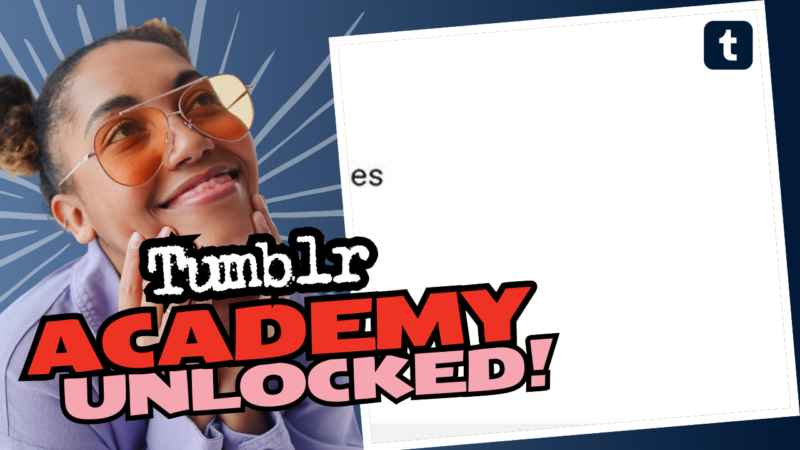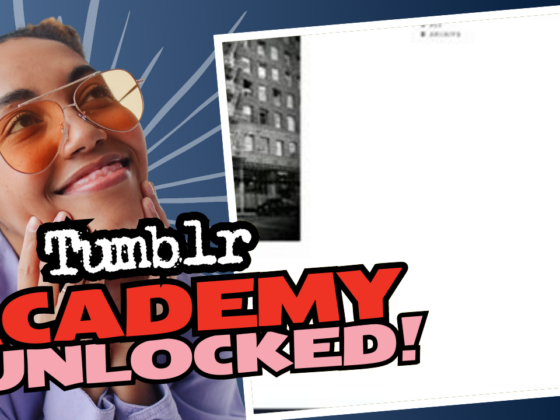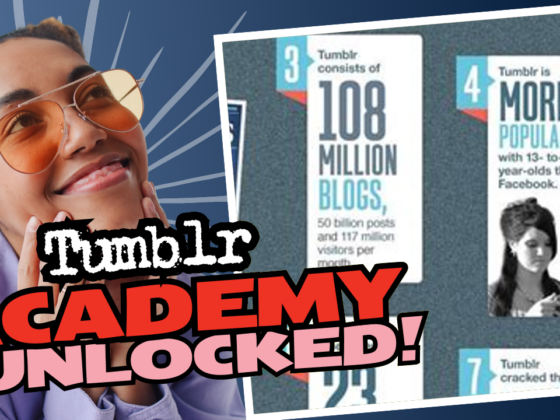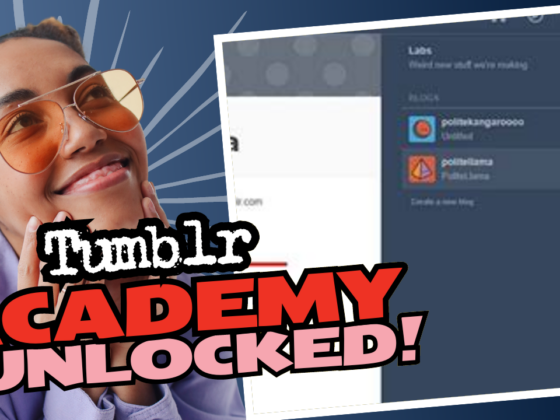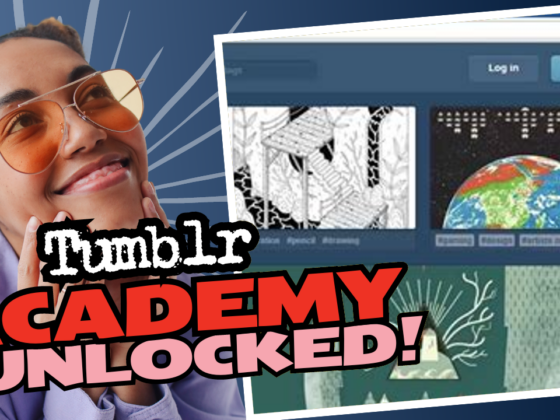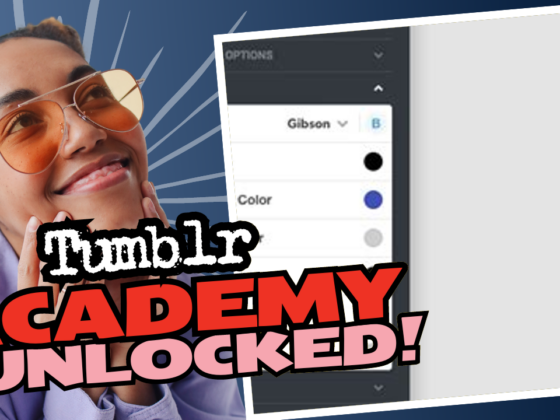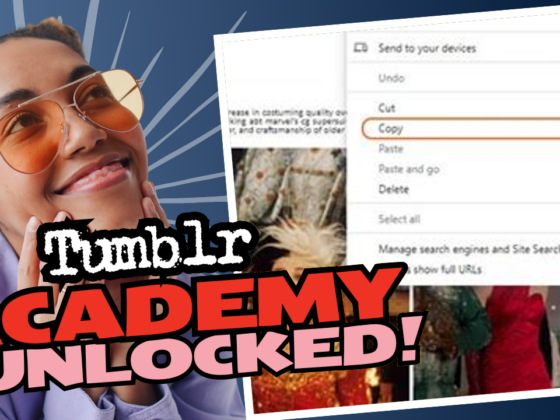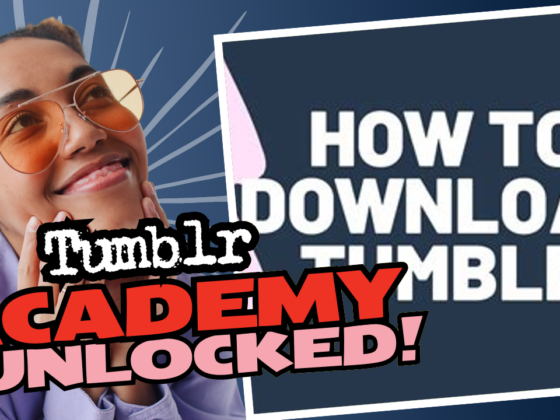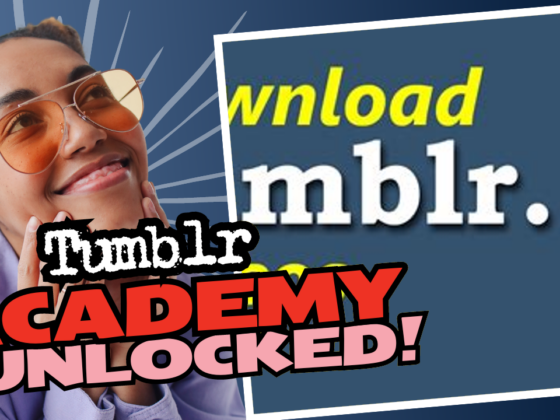Tumblr’s Content Policy: Navigating the Wild West of Online Expression
Ah, Tumblr. It’s the platform where *nostalgia meets absurdity*, and the wild west of fandom flourishes amidst sweeping policy changes that often confuse more than they clarify. Since the infamous death of its early, vibrant days, Tumblr’s content policy has evolved—mostly into a labyrinth of ambiguity—leaving users scratching their heads with dissatisfaction. But here’s the scoop, or at least a reasonably clear interpretation of what you can and can’t do without landing in digital jail.
Fiction vs. Reality: If you’re into writing dark fanfiction, let me break it to you gently: Tumblr might not be your safest bet anymore. While some of that *artistic expression* still resides in the universe of fanfic, *Archive of Our Own (AO3)* stands like a fortress of safety for those daring to dive into E-rated waters. Pro tip: shout out your work on Tumblr, but always put a big ol’ warning label right on it. Like, obnoxiously visible—so no one can point a digital finger back at you.
Imagine trying to share your own harrowing experiences with sexual assault only to find out that *Tumblr’s policy seems to be more about stifling conversations* than fostering them. Seriously? Discussions about trauma shouldn’t lead to a one-way ticket out of the community, but anecdotal evidence suggests that users have had their voices muted. Talk about a *bizarre twist on self-censorship*!
A little reminder: Tumblr restricts anything considered CSAM (Child Sexual Abuse Material), which has been mandated since 2020. Now, this is where things get tricky. What constitutes CSAM? Anything that *could* be interpreted as involving minors—fictional characters included. Absurd, right?
Now, let’s chat about those *ever-so-sensible “Community Labels.”* Using these nifty labels is essential for anything that could fall under the umbrella of “mature content”. Just slap a label on it, and you’re golden! But here’s the kicker: the platform still excels in *over-censoring*, often flagging perfectly innocuous content that barely toes the line.
In a nutshell: the *Tumblr license to thrill* (or not) is a complex interplay of loose definitions, user experiences, and evolving policies. If you feel like navigating these murky waters while documenting your story or expressing your fandom, you might just want to look at alternatives like AO3 that welcome your creativity with open arms.
Need more help understanding Tumblr’s swirling vortex of content regulations or have burning questions about your favorite fanfiction? Feel free to connect with us for resources or simply to share in the frustration. Let’s decode this chaos together!

